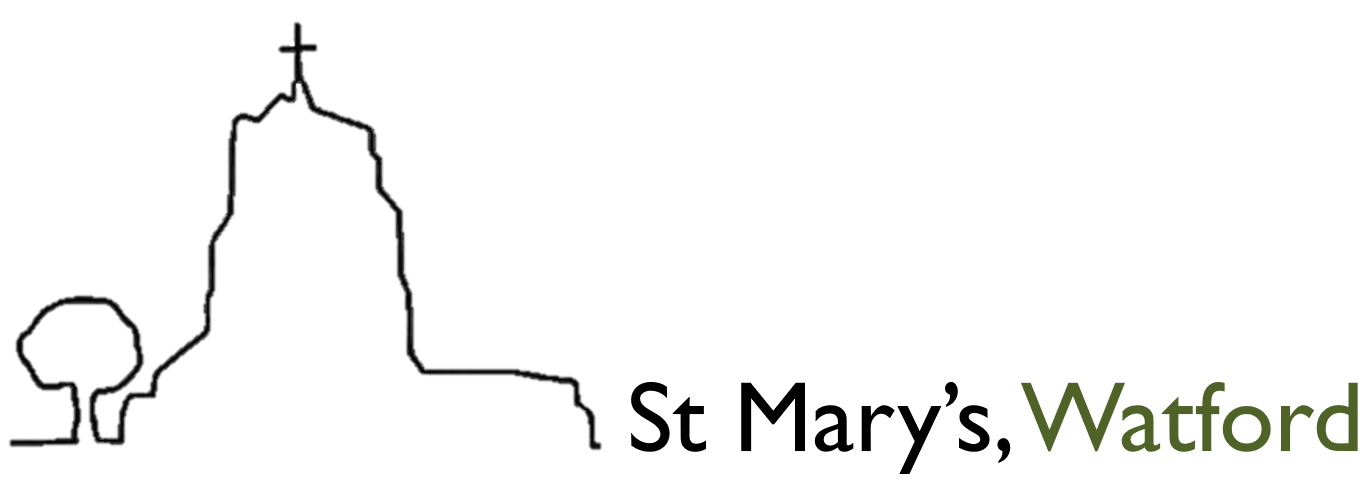Book Review - 'Saying Yes to Life' by Ruth Valerio
This book by Ruth Valerio, a senior staff member at Tearfund, is Archbishop Justin Welby’s Lent Book for 2020. Its theme is that God is the God of all life – human, animal, mineral and plant – and that the misuse of any aspect of our planet is an offence against God. In his Foreword, the Archbishop invites us to use Lent as a time for thinking about our reconciliation with God’s creation.
Climate change features prominently because of its impact on the natural world and all its inhabitants. In line with the recent discussion in the Current Affairs Connect Group, the author draws attention to the devastating impact that it is already having on poorer communities in the world. Archbishop Welby quotes a remark made to him at a meeting of Anglican primates in the Pacific region, ‘For you Europeans, climate change is a problem for the future. For us, it is problem of everyday survival.’ The floods of the past month, though, have cast doubt on the viability of some communities even in this country.
The book is structured around the first chapter of Genesis. Each chapter centres around one day in the creation story – what was created and what are the implications for us now - with a final essay on the day of rest. Each chapter ranges widely, drawing on writings from many scientists, philosophers and theologians as well as a wealth of Biblical references.
The first chapter, for example, considers ‘Let there be light’. Here is just a selection of the ways in which Ruth Valerio considers the significance of light in our lives.
Light is ‘the lifeforce of the world’ powering all life through photosynthesis.
It is also symbolic of God’s presence (Ex 10.33) and of course Jesus proclaimed himself the Light of the World (Jn 8.1) and we are told to ‘live as the children of light’ (Eph:5.8).
Seeing is fundamental to our experience of the world. Many creatures through, have for more acute eyesight than we do; some can use UV light to see in conditions that are dark for us.
For many people, artificial light is a scarce commodity, with light and heat being produced by kerosene and other expensive means which can be hazardous to health. Electricity from renewable sources can transform their lives, allowing children to study in the evenings and farmers to communicate with markets. But most of the world’s electricity is still produced from fossil fuels and this is of course a principal driver of climate change.
So we all need light, but we also need to change the ways that it is produced.
Many other environmental issues feature in the book – the threats to millions of animal and plant species, animal welfare, plastics and their impact on marine life, light pollution and how it confuses migrating birds, etc. All are related back to what the Bible has to say about the goodness of creation and the way that we see God in it.
Saying Yes to Life is intended either for group study and discussion or individual study, with questions and discussion points at the end of each chapter. The chapters are, though, each quite substantial; if used for group study, they would need to be read beforehand by members of the group.
Anyone reading the book will find new insights into the love of God as reflected in his creation and many challenges for their lives as individuals, members of a Christian community and members of wider society. As we seek to redress the damage to creation caused by human activities, it can be strongly recommended.
Roger Courtney
Saying Yes to Life by Ruth Valerio (SPCK, £9.99)
